Broken Promises: The High Arctic Relocation (1995)
• January 1st, 1995 • 0h 53min
Documentary
Overview
In 1953 the Canadian government relocated Inuit families from Northern Québec to the High Arctic, promising an abundance of game and fish and assuring them they could return home after two years if things didn't work out. They would not see their ancestral lands for 30 years. Abandoned in flimsy tents, the Inuit were left to fend for themselves in the desolate settlements of Resolute Bay and Grise Fiord, where the sea was nearly always frozen and darkness reigned for months on end.
Make sure to check your pop-up blocker!!
Trailer
Similar Movies
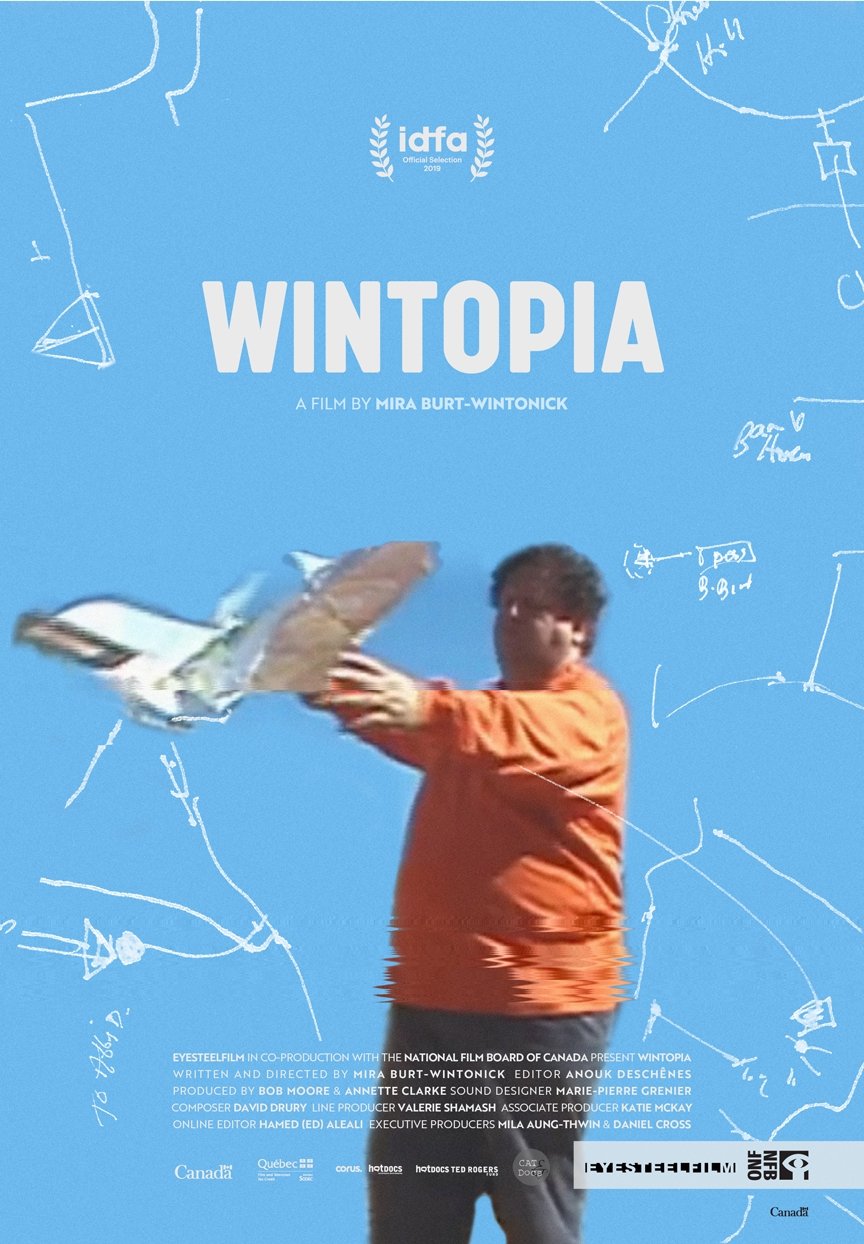
Wintopia
Released on: 2019-11-23
Documentary
IDFA and Canadian filmmaker Peter Wintonick had a close relationship for decades. He was a hard work...

Jesus Camp
Released on: 2006-09-15
Documentary
Jesus Camp is a Christian summer camp where children hone their "prophetic gifts" and are schooled i...

Dig!
Released on: 2004-05-14
Documentary, Music
A documentary on the once promising American rock bands The Brian Jonestown Massacre and The Dandy W...
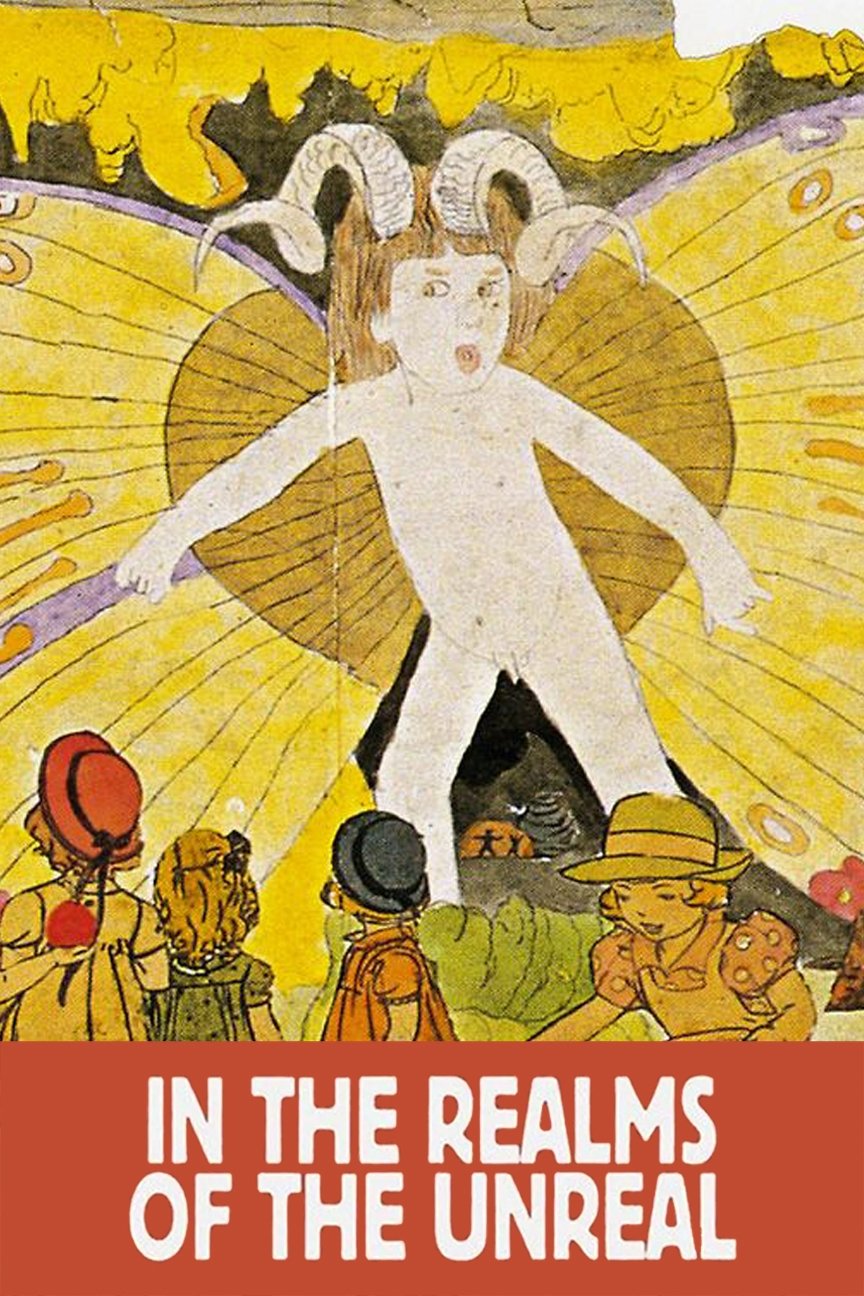
In the Realms of the Unreal
Released on: 2004-01-15
Documentary
In the Realms of the Unreal is a documentary about the reclusive Chicago-based artist Henry Darger. ...
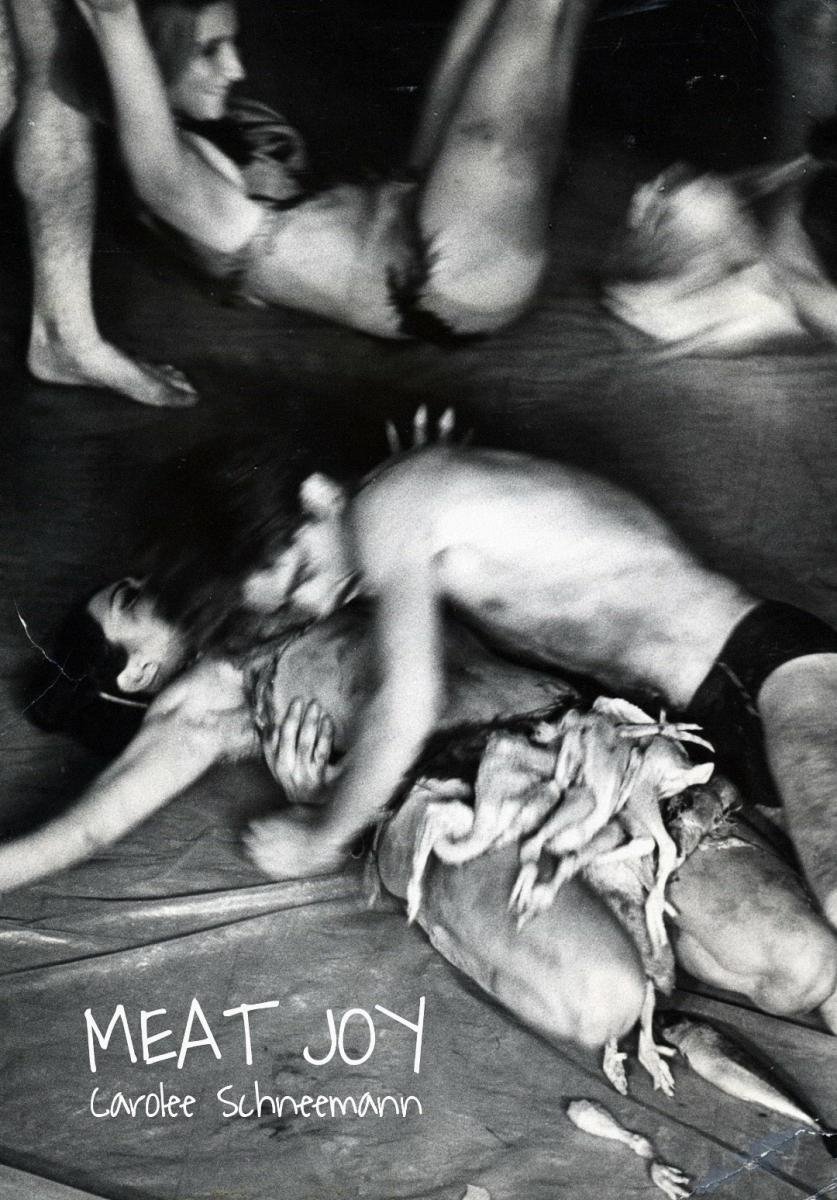
Meat Joy
Released on: 1964-05-29
Documentary
"Meat Joy is an erotic rite — excessive, indulgent, a celebration of flesh as material: raw fish, ch...
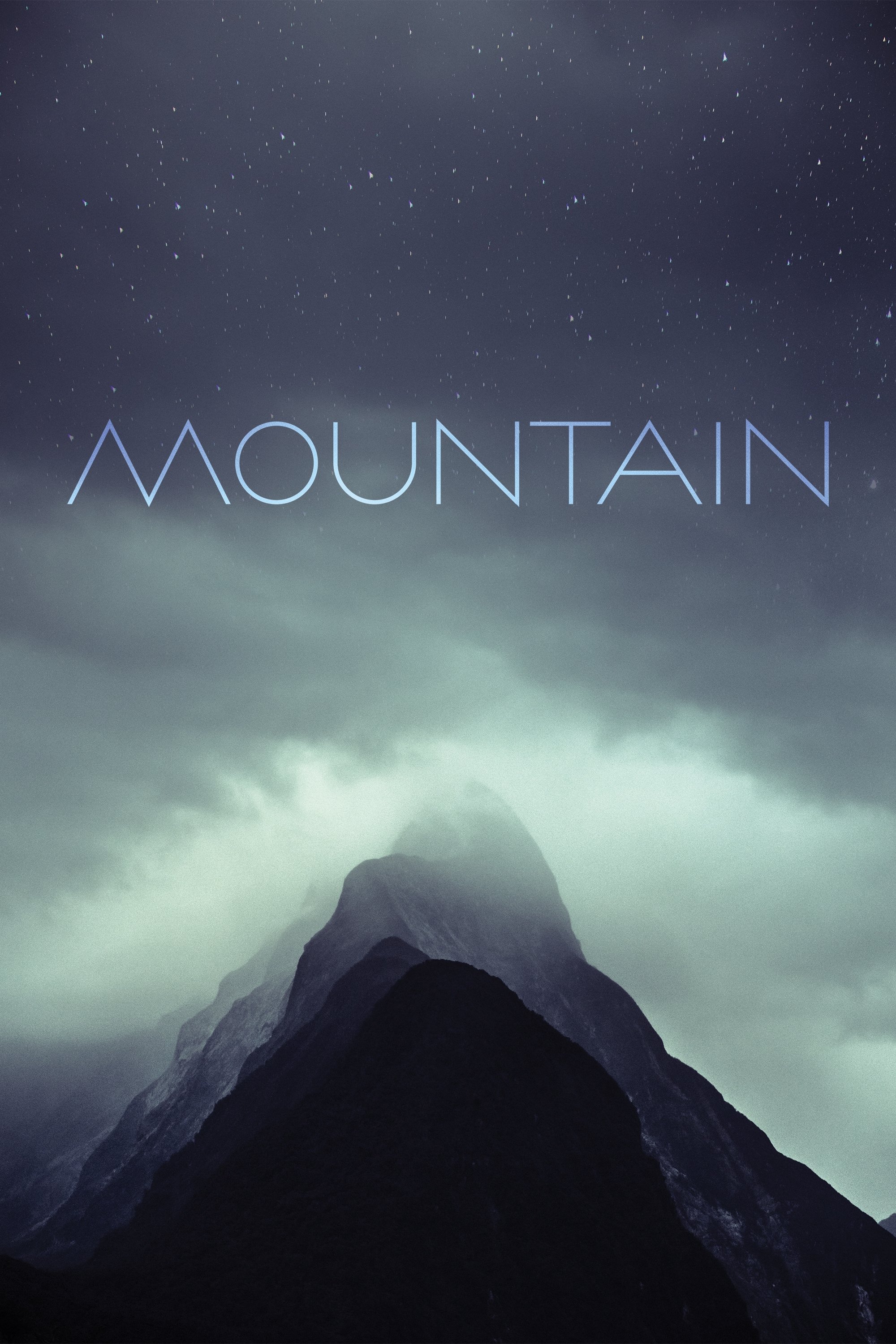
Mountain
Released on: 2017-11-30
Documentary
An epic cinematic and musical collaboration between SHERPA filmmaker Jennifer Peedom and the Austral...

Grandfather Sky
Released on: 1993-01-01
Documentary, TV Movie, Drama
A young Native American man on his way to visit his uncle learns about his Navajo heritage by attend...
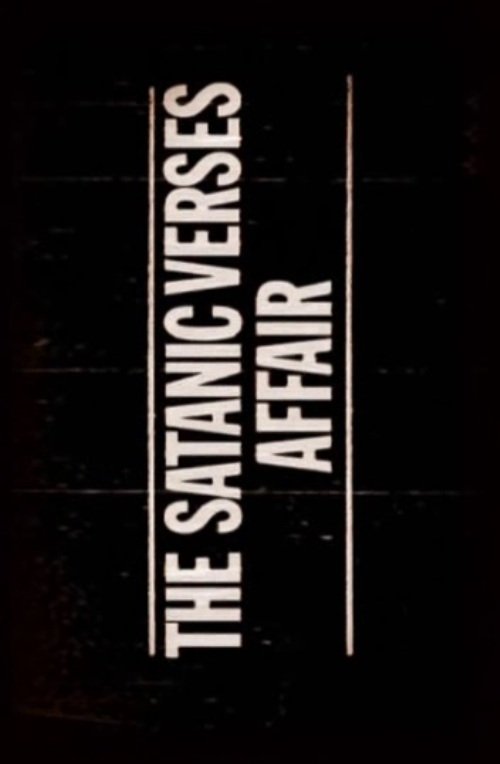
The Satanic Verses Affair
Released on: 2009-03-07
Documentary
Twenty years ago, novelist Salman Rushdie was a wanted man with a million pound bounty on his head. ...
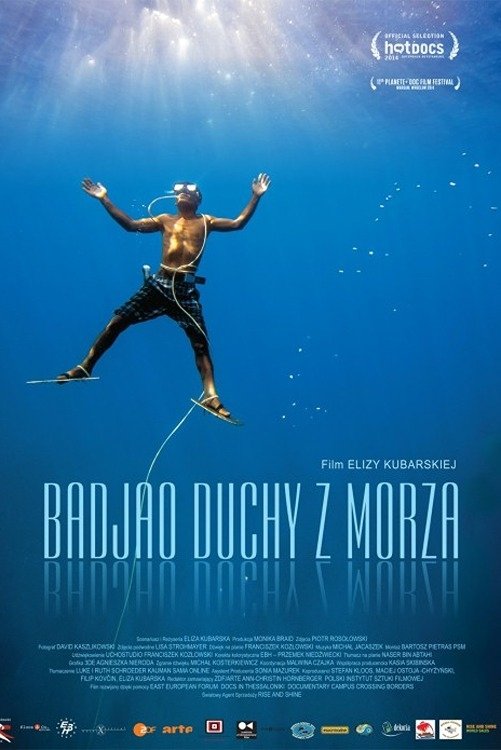
Walking Under Water
Released on: 2014-04-30
Documentary
In the crystal clear waters off the coast of Borneo, a unique way of life threatens to disappear for...

Nanook of the North
Released on: 1922-06-11
Documentary, Drama
This pioneering documentary film depicts the lives of the indigenous Inuit people of Canada's northe...

Olympia Part One: Festival of the Nations
Released on: 1938-04-21
Documentary
Starting with a long and lyrical overture, evoking the origins of the Olympic Games in ancient Greec...

Olympia Part Two: Festival of Beauty
Released on: 1938-06-02
Documentary
Part two of Leni Riefenstahl's monumental examination of the 1938 Olympic Games, the cameras leave t...

Monkey Business: The Adventures of Curious George's Creators
Released on: 2017-06-17
Documentary
We all know Curious George. But what about his creators, Hans and Margret Rey? From fleeing Nazi Ger...
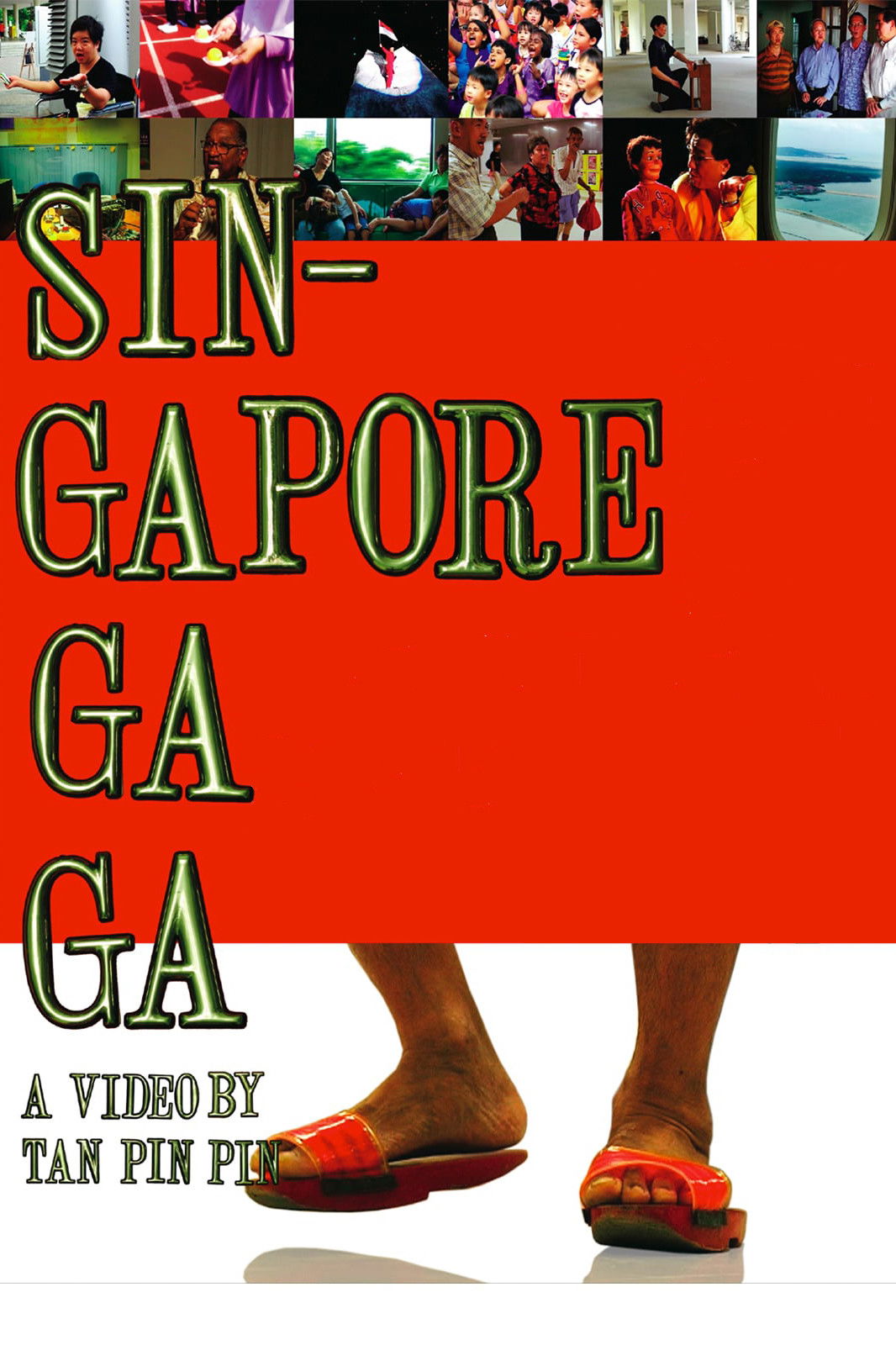
Singapore GaGa
Released on: 2005-08-24
Documentary
Singapore GaGa is a 55-minute paean to the quirkiness of the Singaporean aural landscape. It reveals...
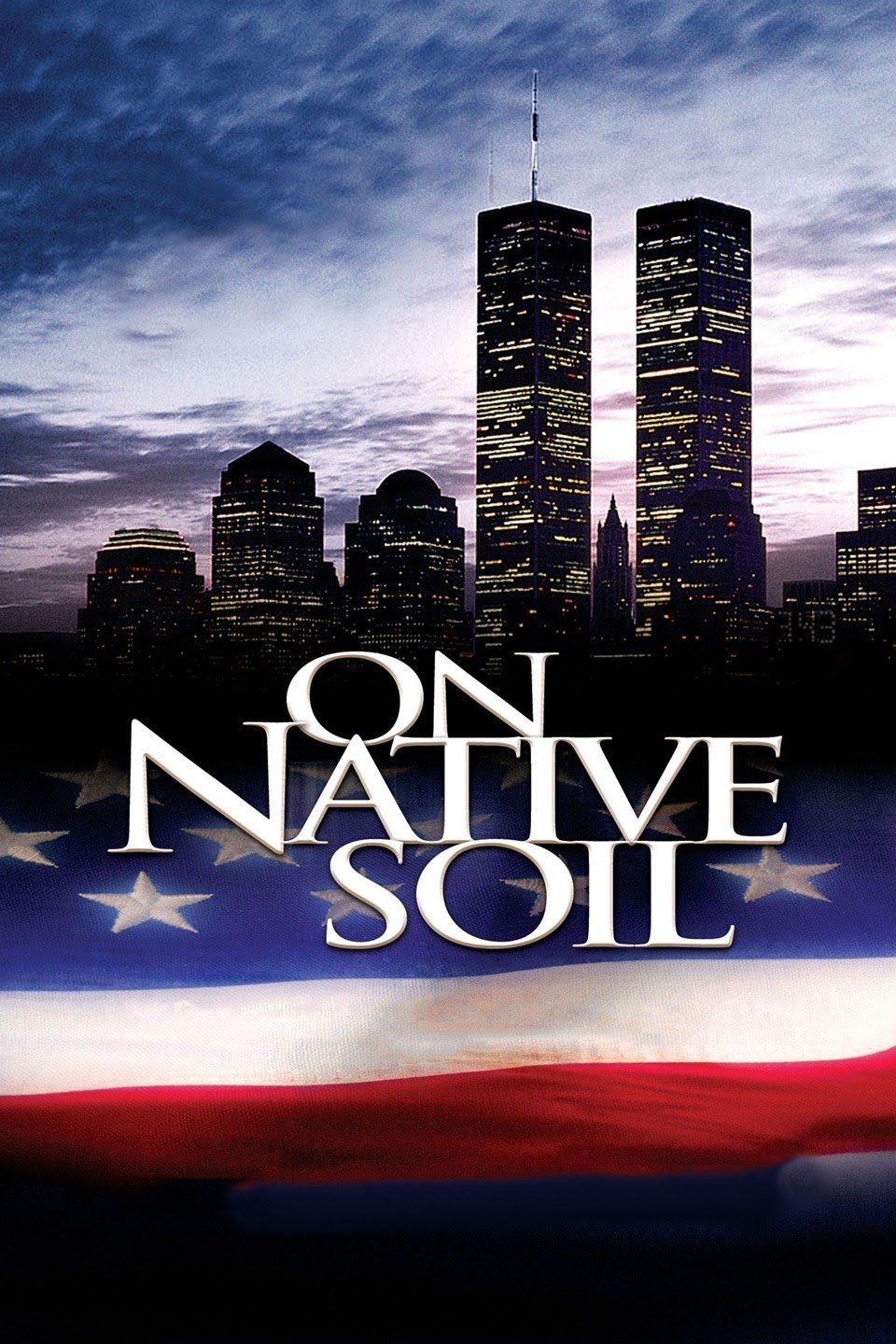
On Native Soil
Released on: 2006-08-22
Documentary
The film analyzes the efforts by the families of 9/11 victims to create the 9/11 Commission and what...
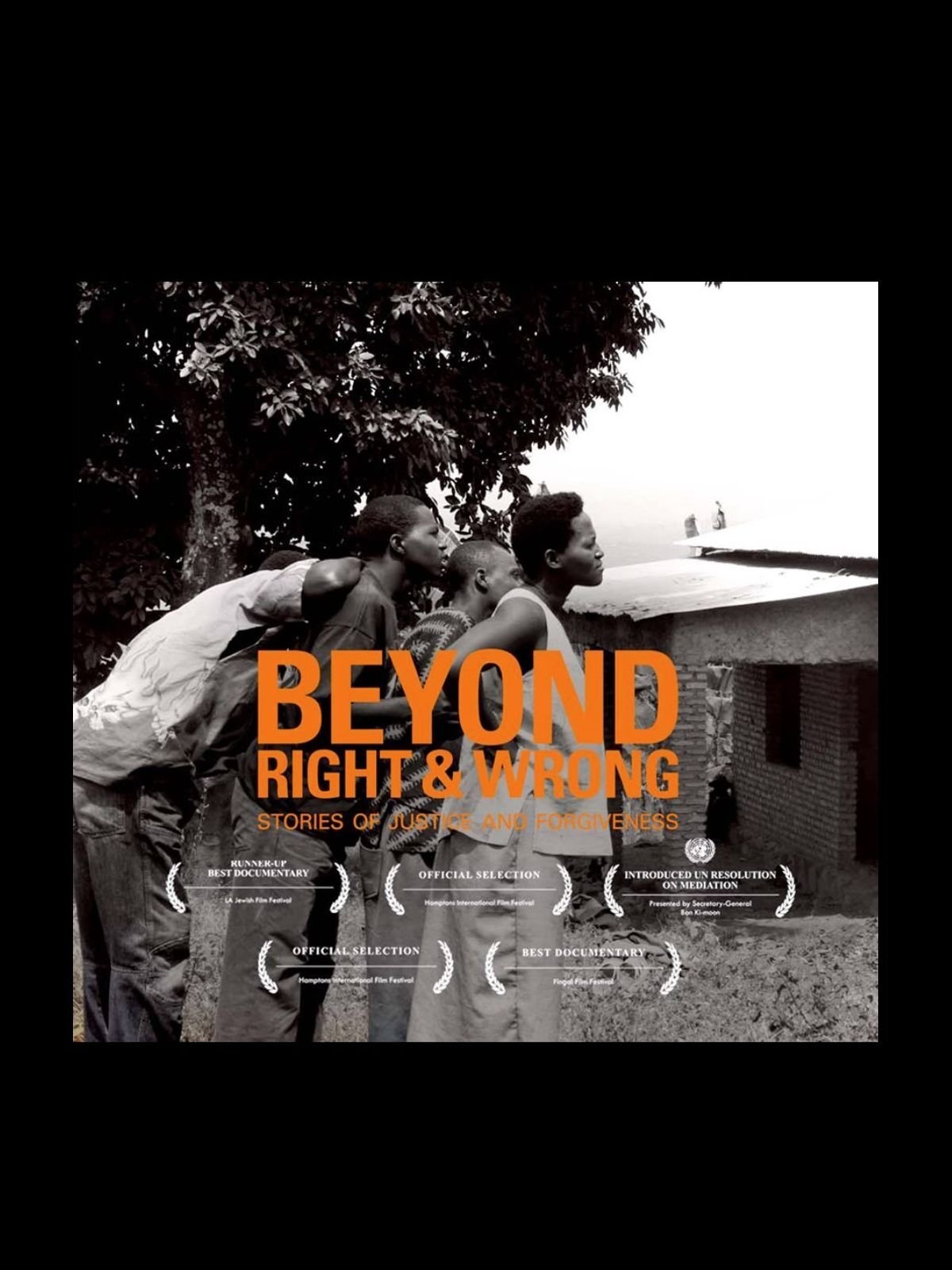
Beyond Right & Wrong: Stories of Justice and Forgiveness
Released on: 2012-10-05
Documentary
A survivor of the Rwandan Genocide struggles to forgive the man who killed her children. A victim’s...

Timuti
Released on: 2012-01-01
Documentary
In Inukjuak, an Inuit community in the Eastern Arctic, a baby boy has come into the world and they c...

Mankiller
Released on: 2017-06-19
Documentary
The story of an American hero and the Cherokee Nation's first woman Principal Chief who humbly defie...

Dominguinhos
Released on: 2014-05-22
Documentary
Through rare and precious footages and gigs with great artists such as Gilberto Gil, Gal Costa, Herm...
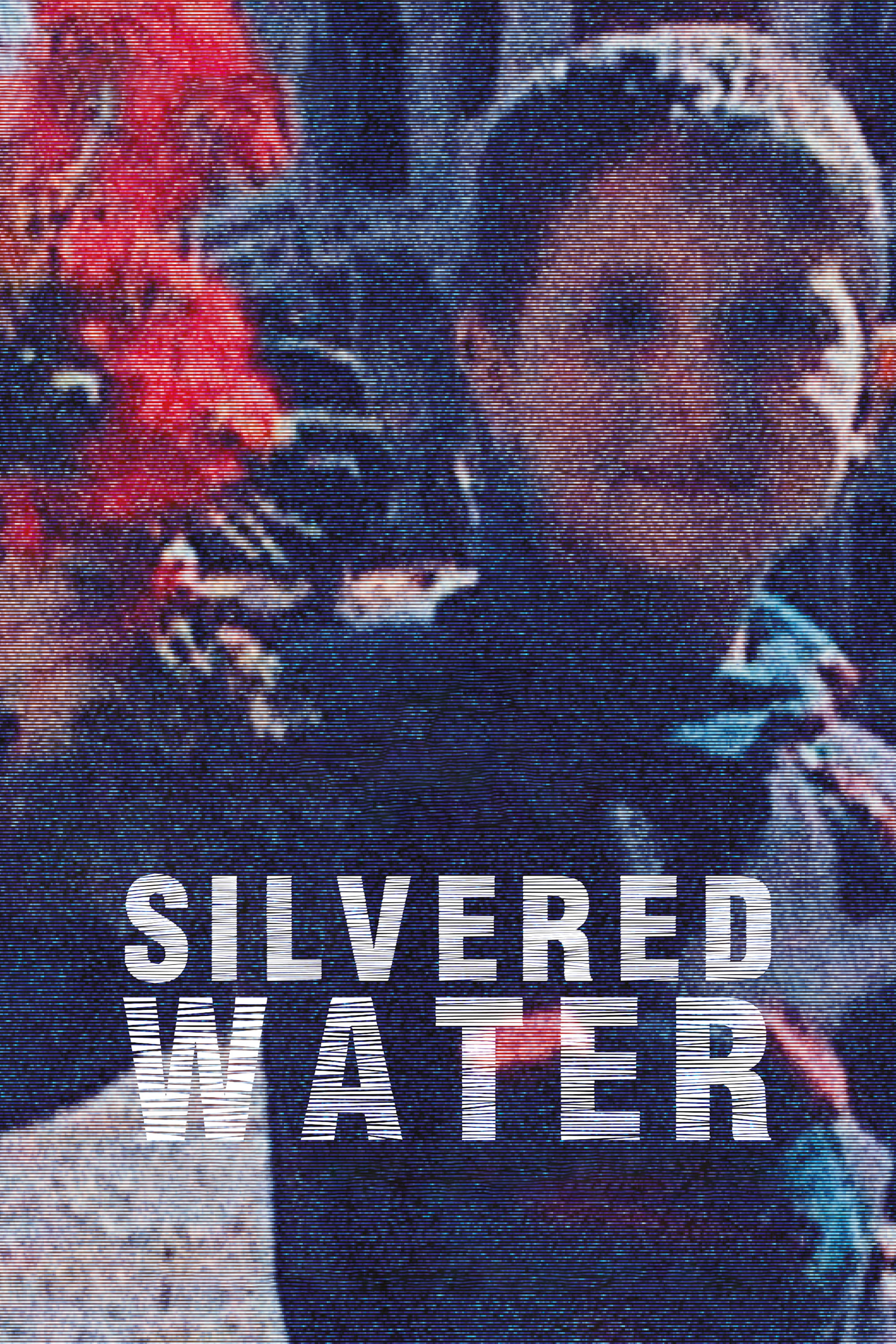
Silvered Water
Released on: 2014-12-17
Documentary
Shot by a reported “1,001 Syrians” according to the filmmakers, SILVERED WATER, SYRIA SELF-PORTRAIT ...